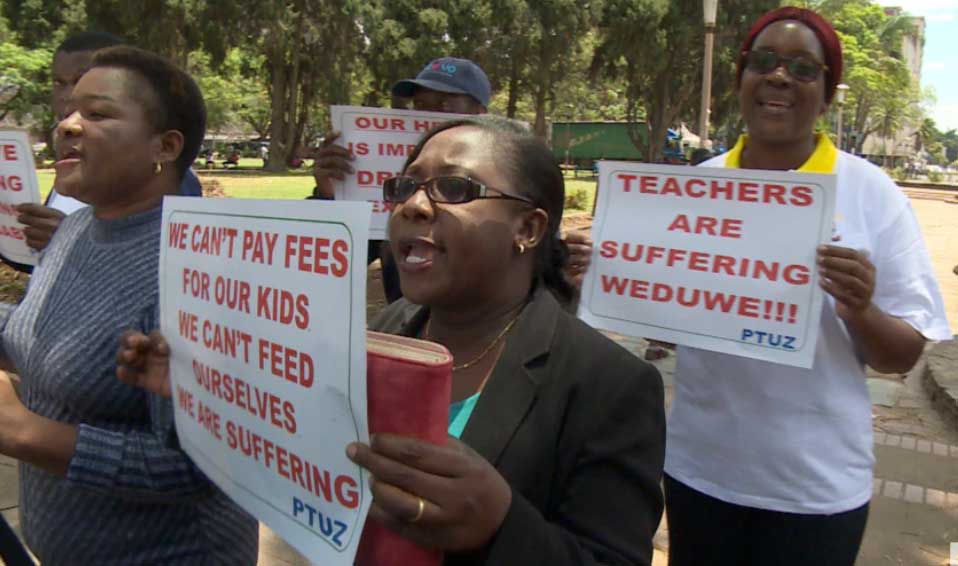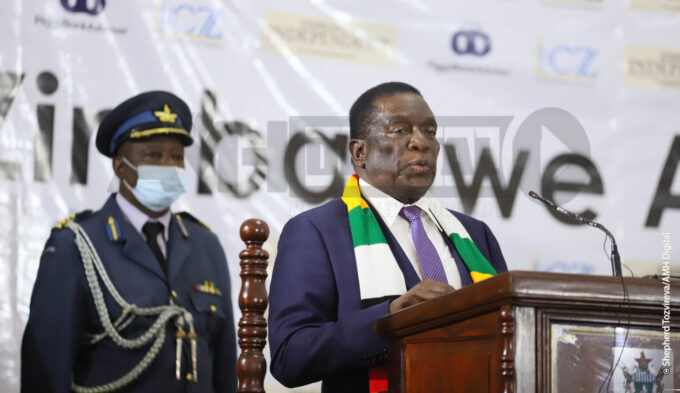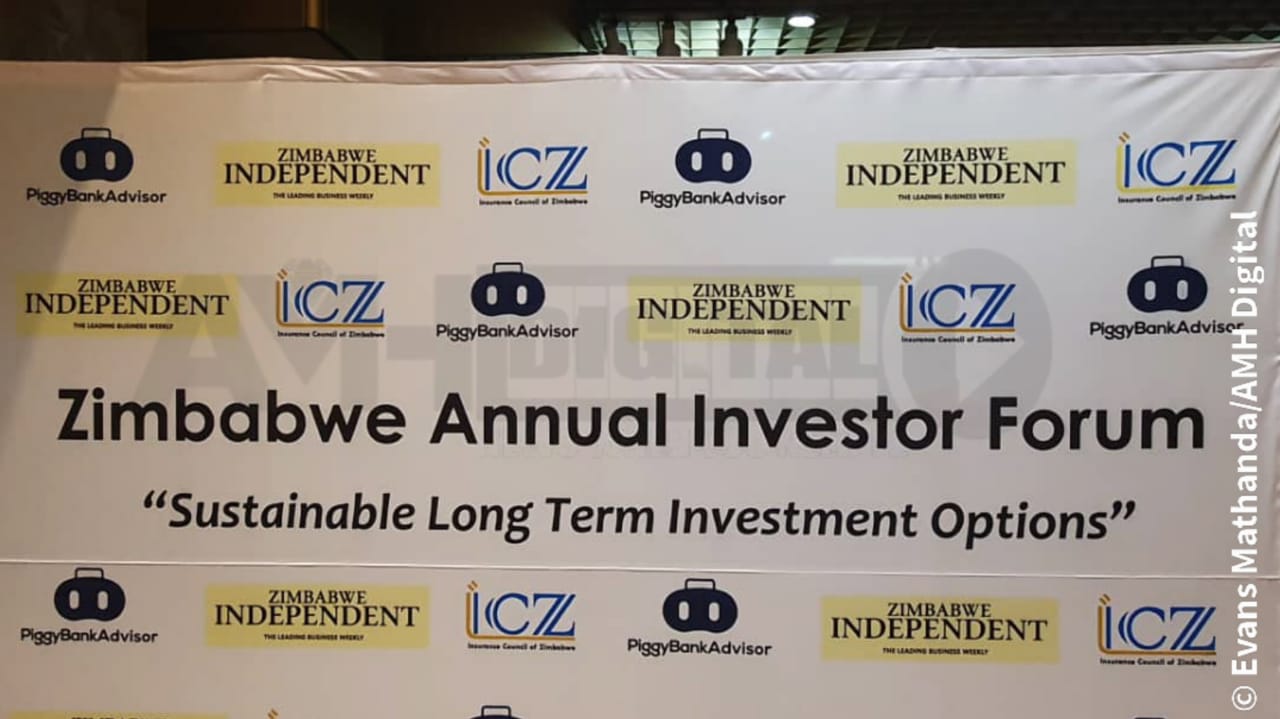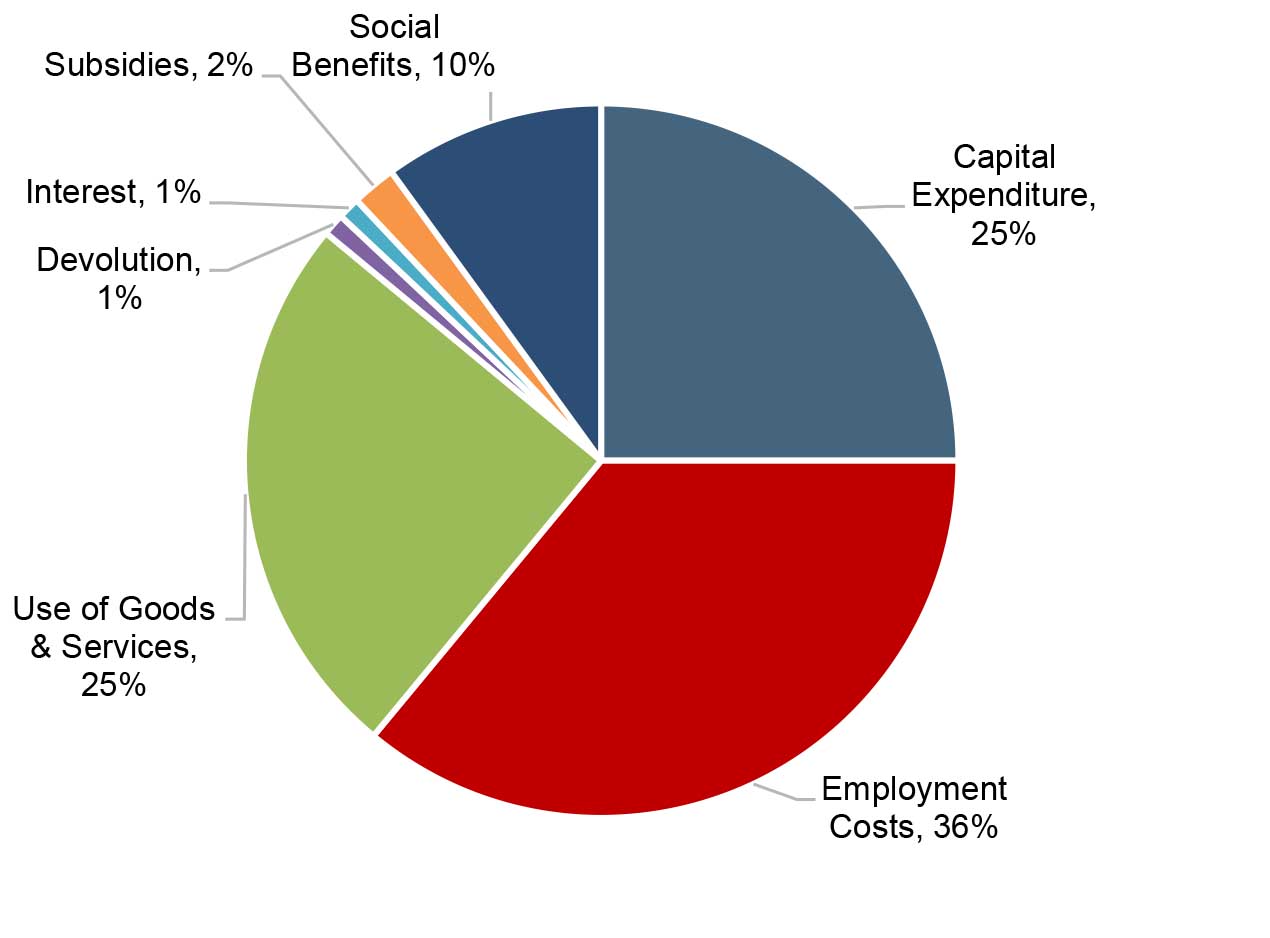
THE plight of government teachers across the country continues on a downward spiral following this week’s significant reduction of teachers’ salaries without communication from the Public Service Commission (PSC).
Many teachers in public schools were left exasperated when their bank accounts reflected insignificant amounts on their payday early this week. Government teachers are getting an average of ZW$35 000 which fetches about US$81 on the foreign currency parallel market.
However, the already dire situation that teachers find themselves in took yet another nose dive as many received as little as ZW$1100 (US$4,2) as their salary for the month of May.
Speculation has been running rampant in many schools across the country with some teachers accusing the government of punishing them for declaring incapacitation in February this year.
They were demanding to be paid the pre-October 2018 salary of US$540.
“I received a measly ZW$5 000 (US$19) for the month of May instead of around ZW$32 000 (US$142). I was one of the many teachers who did not turn up for work in February not because I did not want to teach but because I did not have the means to do so,” said a teacher in central Harare.
“We suspect that instead of suspending us as has been earlier communicated, the government has decided to punish us by reducing our salaries without explanation,” he added.
Other teachers who opened up to the Independent said they had a significant chunk of their US dollar-denominated salaries slashed.Government workers get US$175 a month in hard currency.
- Chamisa under fire over US$120K donation
- Mavhunga puts DeMbare into Chibuku quarterfinals
- Pension funds bet on Cabora Bassa oilfields
- Councils defy govt fire tender directive
Keep Reading
“My Nostro account was credited with US$139 instead of US$175. I am not sure if it is about declaring incapacitation or if one of the service providers I have an account with increased their premiums without my knowledge,” said another teacher who spoke on condition of anonymity.
With the sharp increases in the prices of essential commodities currently being witnessed in the country, it will be a tough month for many teachers who have to travel daily to work, pay bills, feed their families, and other responsibilities.
What Zimbabwean teachers are earning is a far cry from what teachers in the region are getting. For example, the average teacher salary in South Africa is R264 000 (US$16 560,63) per annum which translates to US$1 380 a month. Entry-level positions start at R210 000 (US$13 178) per year which is about US$1 098 a month.
What has made the situation complicated is that a preponderant number of teachers are yet to receive their May payslips for them to ascertain what transpired.
Progressive Teachers Union of Zimbabwe (PTUZ) president Takafira Zhou said it was still unclear what caused the deductions.

“Is it coming from loan sharks trying to recover their money following the government’s ban of loans, is it deductions from February incapacitation, is it increase of funeral policies and medical aid services, is it from the one armed banditry Gems [Government Employees Mutual Savings Fund] deduction, teachers wonder?
“Wherever it may be emanating from, there is no doubt that teachers are taken for a ride, and must collectively act together to end this insult and assault on their livelihoods. There is an urgent need for individual teachers to visit the nearest Salary Service Bureau (SSB) sub-offices for an explanation, and convey that to their respective unions.
We also urge SSB and the line Ministry of Primary and Secondary Education to timeously provide teachers with their pay slips,” Zhou said.
This assault on teachers’ salaries comes at a time when the government has continued to unilaterally deduct Gems money from teachers who have long opted out.
Contacted for comment, director of communications and advocacy in the Ministry of Primary and Secondary Education Taungana Ndoro said: “You may want to talk to the Public Service Commission or the Ministry of Public Service.”
Efforts to get a comment from Public Service Commission acting secretary Walter Mpandawana were futile. — Staff Writer.











